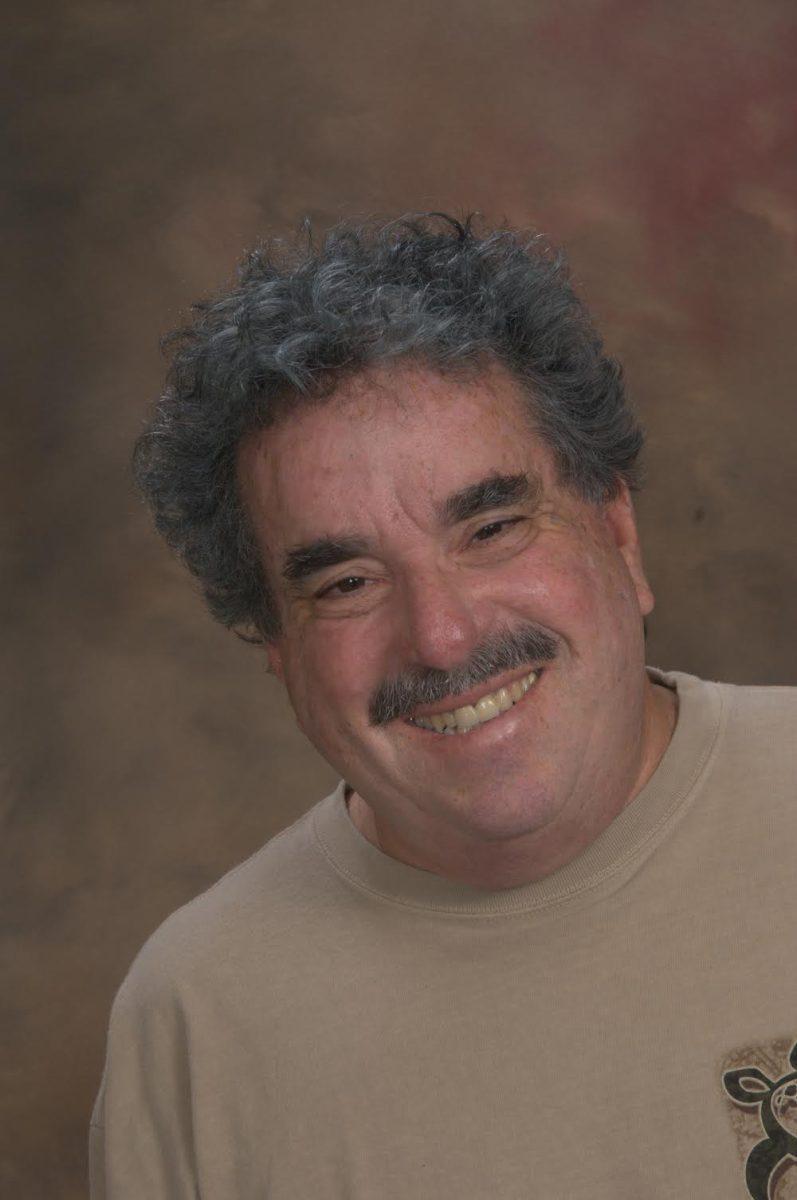The November general elections are here and many voters mailed in their ballots last week, while today students and citizens can vote in-person at local polling places. Measure M, California State governor, U.S. representatives as well as many other political propositions are up for voting.
Elections can often be frustrating and professor of political science, Richard Hertz is developing a resource that is intended to educate citizens on election and campaign issues.
“We as a country do not pay enough attention to politics,” said Hertz. “It is so difficult for people to find information, having it in one place makes it easier for voters to make more informed decisions.”
Hertz is a Sonoma State University alumnus with a master’s in political science and a bachelor’s in physics.
Politics is the art of compromise, and good politics is people working together, according to Hertz.
He tries to teach this in the various political science courses he teaches.
Looking into weekly political issues, different media outlets and different arguments or points of view are just a few of the many ways his students are enabled to get informed on current political issues.
Hertz has been around the political sphere long enough to understand what it takes to be a good voter.
Engaging, participating and voting are the three essential actions of voters he emphasizes to students in light of the recent election.
Next Generation Politics is a resource Hertz hopes to make available to voters in time for the 2016 elections.
“With the Supreme Court’s Citizens United and other rulings that now effectively permit unlimited campaign contributions, the importance of making it easy for voters to learn who is contributing to the candidates and measures they’ll be voting on cannot be understated,” said Hertz. “We also must develop online platforms that allow candidates to reach many voters for free, in order to reduce the dependence on receiving large campaign contributions from special interests.”
His resource, Next Generation Politics, allow voters to see where the money trails are coming from and to which candidates. This information is scattered and not easily accessible in one place.
Spreadsheets will be created to allow voters the transparency of money trails, with the simple action of going online and entering their zip code for information.
Hertz hopes to employ Sonoma State students in the development of the databases and online infrastructure of the website.
Hertz also hopes that Next Generation Political will shed light on lesser-known offices and candidates will get the opportunity to record a five minute video to be shown to viewers.
The video option will become available for California voters only, starting in 2016.
These videos will allow lesser-known candidates the opportunity to get their message out to the public without having to fundraise large amounts of money for exposure.
“They (voters) cannot wait for people to magically fix things, they have to get involved,” said Hertz. “The more we [as voters] get involved, the better things will be.”
Hertz advice to students is to vote, and to do research on what you are voting for.
Hertz is a strong believer that people have the power to change things, they just have to get involved.
He also says if you don’t vote, you shouldn’t be complaining about how things are.
Getting involved and doing a little research are two small things people can do to become better voters according to Hertz.



































